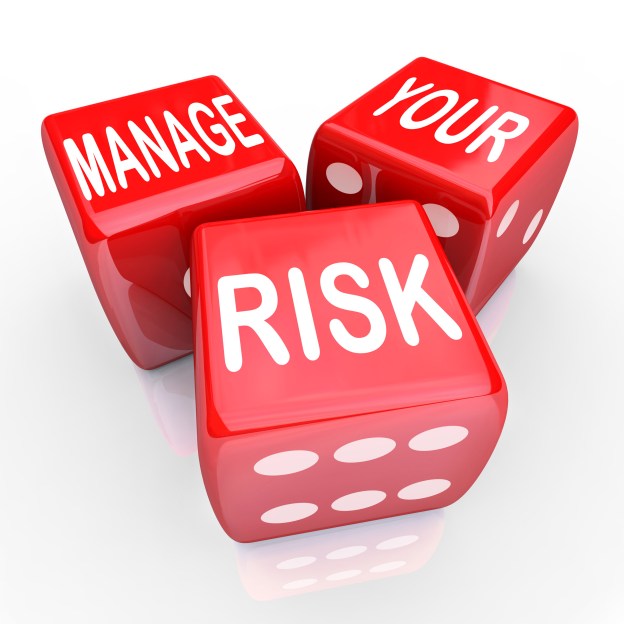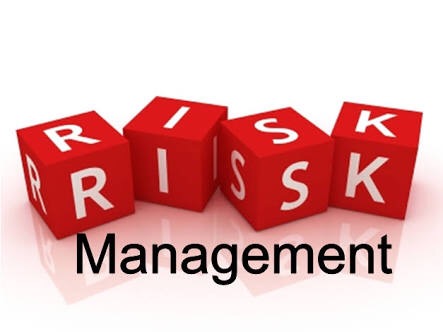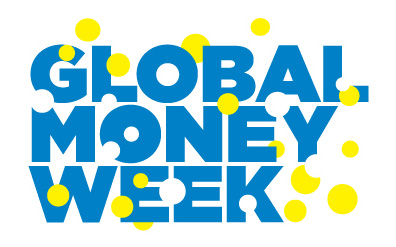This current article about being an immigrant is about what economic migrants aim to achieve by migrating and why we sometimes fail at this goal. I have chosen to refine my definition to economic migrants given the current debate about refugees and other types of immigrants.
Economic migrants are individuals who leave their country or region of birth primarily for the purpose of economic advancement for themselves and their families.
During a recent discussion with other economic migrants, as is usually the case with these meetings, the conversation drifted to the topic of returning “home.” As the people around me discussed the merits and demerits of returning home, I thought about the practicalities of returning home. Were many of us to return home, we wouldn’t be significantly financially better off than we were when we left. Given this, could we say we had achieved our goals as economic migrants? Probably not, if compared to peers that didn’t migrate.
After confronting this stark reality, I started to think of reasons why economic migrants may fail at achieving their goal of economic advancement, particularly in the United Kingdom (UK). There are some factors which I think could be generic to most people, some factors unique to African migrants and some unique to immigrants to the UK.
One of the factors peculiar to African migrants is our general lack of awareness about debt. African societies are largely cash-based societies with limited access to credit. If you wanted to buy something you couldn’t afford, you saved for it rather than buying it on credit. Credit is considered a bad word. There was a popular sign in most Lagos corner shops that said: “No credit today, come tomorrow.” On arrival in the UK, many of us treated our credit cards like cash and we bought things we couldn’t afford incurring lots of interest charges along the way.
Another area in which this lack of debt awareness manifests is in the way we handle our mortgages. Many of us still don’t understand that a mortgage IS a debt facility, and the sooner you pay it off, the less interest you will pay overall. There are many differing opinions about this though, such as putting the potential over-payments in alternative investments with better yields. [Finomics 101: alternative investments should only be embarked on after thorough discussions with your financial adviser, so the risks involved are properly understood.]
Another African migrant feature is “keeping up with the Joneses.” In Nigeria, your success is usually measured relative to your peers. It usually never matters how well you are doing as a person if X is doing better than you. Everyone does it. From parents comparing siblings to colleagues comparing themselves to each other. This ends up creating a high level of insecurity in most individuals, forcing people to acquire items they do not need just to be considered to be well-off. So, a lot of migrants end up spending significant portions of their hard-earned money trying to “keep up with the Joneses” in their church, in their extended family, etc. I acknowledge this is worse in Nigeria. Personally, I adopt the old saying “comparison is the thief of joy.”
Yet another African-immigrant factor is our religious hopefulness. Most African migrants are very religious which makes us very hopeful and positive, but ill-prepares us for adversity. While I appreciate different religious beliefs, the fact is that there is no job security in the western economy and job losses can happen to anyone, and did happen to many during the 2008 recession. Given the cyclical nature of the western economies [Finomics 101: this applies to all economies], most of us should prepare for such uncertainties by saving and being conservative with our earnings, but this is hardly ever the case.
Lastly, a factor that is subject to debate, and from my personal experience appears to be unique to African and maybe Asian societies, is the sense of communal ownership of personal property. Western cultures are very individualistic, meaning your fortunes and woes are largely attributed to you. This is generally not the case in Africa: the idea is that if you are materially successful, the fortune is to be shared with the community and if you are in financial difficulty, the community will bail you out. As my mother usually says, “ajoje lo ma n dun” meaning you shouldn’t enjoy your good fortune alone. Another local parlance is “chop alone, die alone.” What this attitude creates is a sense of entitlement and a something-for-nothing culture. People back home feel entitled to ask migrants for financial support and should the migrants refuse, they are seen as reneging on this societal contract. The reason I say this is subjective is that it is up to an individual to decide which requests they fulfil, and which ones they ignore, but the societal contracts make it okay for people to keep asking without offering anything back in return.
Moving on to the factors peculiar to the UK, career progression is harder in the western economies because they are inherently more competitive. There are more people, both indigenes and migrants, competing for the few positions at the top; as a result, there are many factors that can be used to discriminate against individuals including race, gender and class, which is why successful African migrants such as Tidjane Thiam are a rarity in the UK.
Another factor unique to the UK is the possibility of getting complacent. Thankfully, in the UK, we don’t pay at the point of use for healthcare, education and social amenities like security. However, this means that even if you are out of a job in the UK, you can solve your healthcare problems and send your kids to school. This contrasts sharply to Nigeria where you have to fund these yourself at the point of use, and you really can’t afford to be broke as you or your kids may die as a result. I am not saying this is ideal, but it creates an element of drive which most individuals living in the UK don’t have.
Another UK factor is the cost of living. The cost of living in the UK is significantly higher than the cost of living in Nigeria and even the United States of America (US). These include the higher taxes (to offset the free healthcare, education and security) and the high cost of necessary infrastructure such as energy (including heating in the winter), water and transportation which are provided by private companies trying to generate a profit.
The last factor, which can totally be avoided, is Consumerism. Many African migrants came from an environment of poverty and were suddenly thrust into this world where you could have it all for a price. We mostly forgot our humble beginnings and we consumed it all, spending most of our earnings along the way. We adopted the Western mantra of living in the moment and letting the future take care of itself. We didn’t think of how to preserve our wealth for our retirement and the future generations.
I would like to end by saying there is still hope for us and for our children to achieve the goal of economic advancement, but we need to expand our financial knowledge and become more self-disciplined about our economic goals.
The author, Mrs Fad, is a wife, mum, and economic migrant who departed her home in Nigeria for the United Kingdom 10 years ago.
* featured image courtesy www.keatsconnelly.com





























